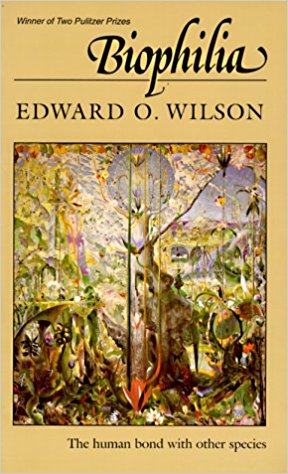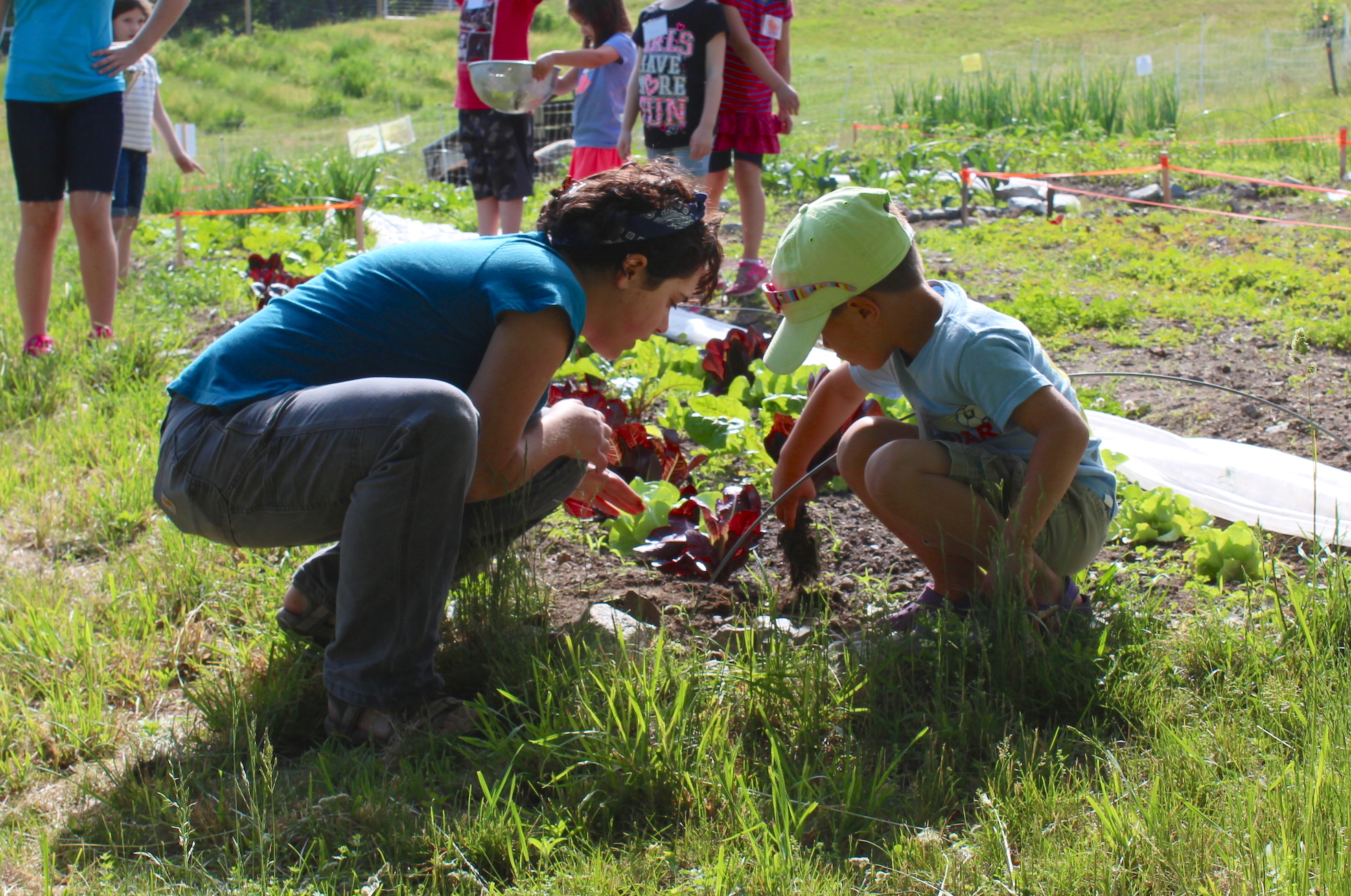February 2018
Written by Education Director, Erika Gorgenyi
Through a series of fortunate events, the widening circles of my life have brought me to Wright-Locke. The beauty, history, organizational philosophy and community of the farm are, collectively, a very special and rare find. Since joining the team just over a month ago, I’ve been ever grateful to be at such a wonderful place, especially as it seems to synthesize many of my long-standing interests.  Here there exists hiking trails, acres of nature and wildlife, chickens and goats, an organic agriculture operation, a rich history, community engagement opportunities, education that emphasizes sustainability, health and well-being, and much more.
On occasion I find myself reflecting on all of the pieces that had to fit together to bring me here, be it schooling, jobs, networking, or other external factors.  But I recognize that one critical component has been internal and is inextricably part of who I am, in fact I’d argue, part of who we all are to varying degrees.  
ΓÇ£I live my life in widening circles
that reach out across the worldΓÇ¥
-Rainer Maria Rilke


“Biophilia,” is a term that was popularized in the 1980s by local, renowned biologist E. O. Wilson.  It’s defined as “love of life or living systems” and Wilson hypothesized that, as human beings, we are innately drawn to and seek connection with all life, including plants, animals and our natural surroundings.  How many of us have pets, love to keep house plants around, or enjoy flowers?  And who can’t help but stop and investigate when a colossal convention of ants amasses in a sidewalk crack for some mysterious reason? Whether we realize it or not, as living beings we are subconsciously linked to all other life. For me, this was a fact I could never ignore or escape.
Growing up in a city, I looked forward to spending my summers in rural New Hampshire where my biophilic characteristics could express themselves unhindered.  I explored woods and streams, rocks and logs, plants and animals of all kinds. Little did I realize back then just how much these times would inform the trajectory of my life, guiding me ever-closer to nature, environmental awareness, outdoor exploration and a quest for interconnectedness. Drawn to stories and intrigue of times past, I went on to study History and English in college and then dove headlong into the field of outdoor education, bringing groups into the wilderness for adventurous journeys in nature as well as journeys of self-discovery.
Eventually, this love of nature led me to focus on environmental education and to an increased interest in our food system.  As I began to see the vast chasm between us and our food (how and where it’s grown, who produces it, how it gets to us) I wanted to be involved in helping others see, care and be empowered to make informed decisions.  Throughout these experiences and revelations, the common thread that remained was biophilia: the strong affinity for the diversity of life and living things and a desire to connect the links that seemed evident all around me. I do not exist apart from the world but function within it and because of it. I am undeniably linked to every tree, every creature and every shifting of the wind just as I am connected to those who live alongside me.
As mentioned earlier, the biophilia theory asserts that all humans are genetically predisposed to be attracted by and to other forms of life, but the degree to which this is expressed greatly varies from person to person. This tendency can be cultivated or suppressed. Our early years are the most formative and it’s all too common to see children easily and readily drawn to nature, especially animals. Did you have a favorite tree growing up? Even if you lived in a city, as I did, it’s likely you can remember some special outdoor place that felt sacred to you or fascinated you.  Research suggests that childhood experiences in nature greatly affect the likelihood of one’s environmental sensitivity later in life. Conversely, it’s possible to foster fear or mistrust of nature through intentional aversion or a lack of positive exposure to the outdoors and other forms of life: “biophobia.” Therefore, great care must be taken with our experiences in the natural world.  We want children especially to feel connected to, have respect for and curiosity about the amazing life and processes around us.
This brings me back to the treasure that is Wright-Locke.  As Education Director I’m honored to have the responsibility of encouraging youth to discover their connection to the farm: to plants, trees, and soil.  I look forward to engaging people of all ages in meaningful experiences with history, culture, nature, food, community, and the environment…to cultivating the biophilia inside!  I believe that through this endeavor benefits abound; greater respect, understanding, communication and cooperation.
IΓÇÖm eager to see where the widening circles will reach out to from this special place!
-Erika
